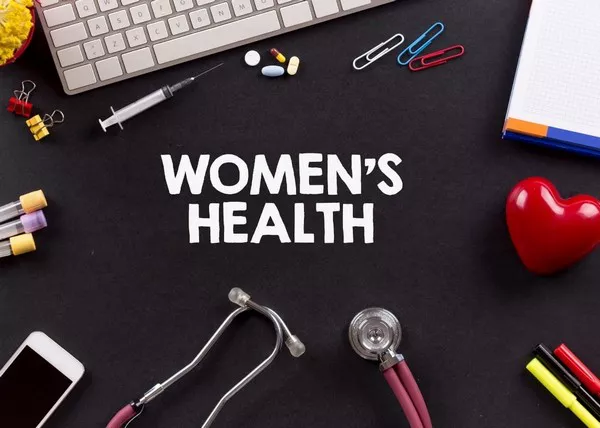Debra Clare vividly remembers the Saturday morning when excruciating chest pain struck while she was doing laundry. Sweaty and nauseous, she found herself struggling to breathe on her verandah, a moment that marked the onset of what she later discovered were heart attacks. Despite seeking medical help immediately, tests at a hospital near her home in Tamworth initially returned clear results, leaving her with ongoing symptoms of heart palpitations and severe pain.
“It took a year and another heart attack before doctors realized my right coronary artery was completely blocked,” Debra recalls. “I could have died.”
Her story is not unique. Across Australia, countless women like Debra face a grim reality: being ignored, dismissed, or misdiagnosed by healthcare professionals, a phenomenon now recognized as medical misogyny. According to recent statistics, two in three women have encountered such treatment, leading to potentially fatal consequences.
Medical misogyny encompasses a range of biases that hinder women’s access to accurate diagnoses and timely treatment. Conditions like endometriosis and polycystic ovarian syndrome (PCOS) often go undiagnosed or mismanaged for years due to systemic gender biases in healthcare.
Liana Rossi from Sydney endured over a decade of debilitating symptoms before receiving an endometriosis diagnosis. “I was repeatedly told to take painkillers and dismissed,” she recounts, reflecting a common experience among women seeking help for chronic conditions.
Similarly, Sarah’s journey with multiple health issues, including endometriosis and fibromyalgia, was marked by dismissive attitudes from doctors until she was finally diagnosed with ankylosing spondylitis after years of suffering.
The persistence of medical misogyny is exacerbated by historical research biases that excluded women from clinical trials until the 1990s in the US, leading to inadequate understanding of conditions that affect women differently than men.
In response to these systemic issues, Australia’s Assistant Minister for Health and Aged Care, Ged Kearney, announced the establishment of a National Women’s Health Advisory Council. This initiative aims to tackle gender bias in healthcare and improve health outcomes for women and girls across the country.
“It’s unacceptable that women continue to suffer due to delayed diagnoses and inadequate treatment,” Kearney emphasized during the council’s launch, underscoring the urgent need for systemic change.
As awareness grows and advocacy efforts intensify, addressing medical misogyny remains a critical priority to ensure equitable healthcare for all genders.

